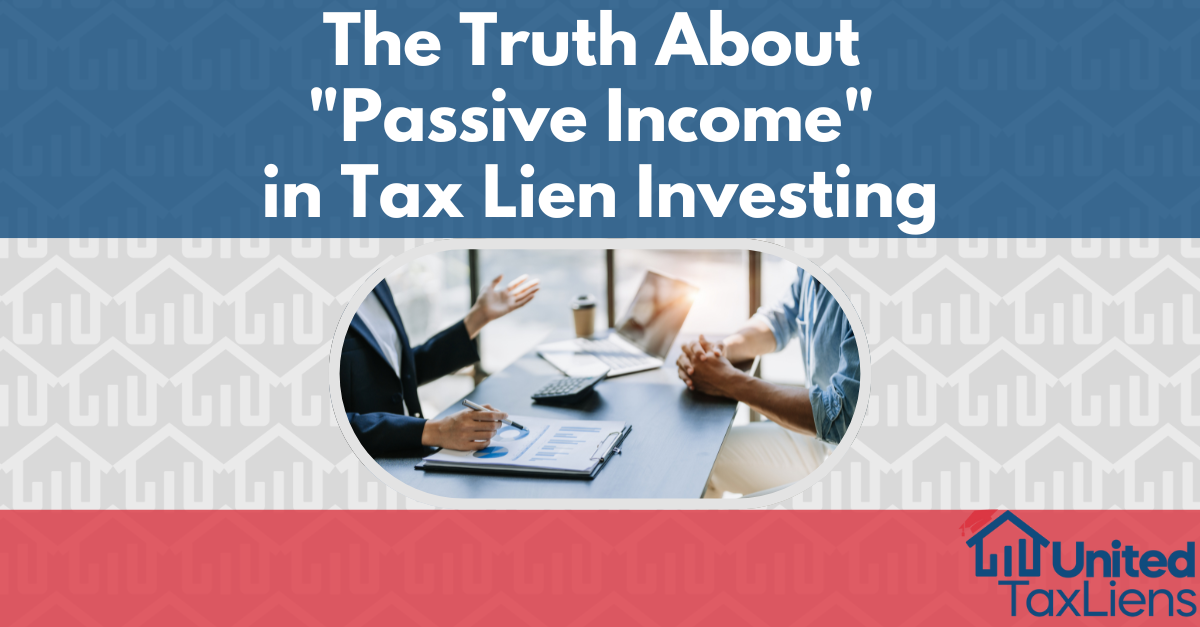
Tax lien and deed investing is often sold as a hands-off path to “passive income”—and there’s some truth to that. You won’t be chasing tenants, fixing leaky faucets, or answering 2 AM maintenance calls. But like any strategy worth its salt, it takes a bit of research, timing, and system-building to really shine.
In the lien world, your goal is simple: identify properties with unpaid taxes, bid competitively at auction, then collect interest (often in the 8–18 percent range) when the owner redeems. On the deed side, you’re bidding to acquire the title itself—sometimes winning a property at a fraction of market value. Both approaches hinge on understanding local rules, deadlines, and auction quirks—but you don’t need a law degree to get started.
One thing to remember: unlike monthly rent checks, lien and deed returns arrive in lump sums. That payoff might land in three months…or a year. To smooth out your cash flow, spread your budget across several liens and deeds with different redemption or auction dates. A simple spreadsheet (or off-the-shelf tracker) and calendar alerts are all you need to stay on top of key deadlines.
Risk is real—vacant lots, hidden liens, environmental encumbrances, or cloudy titles can derail a deal. You can manage these pitfalls without doing every task yourself. Outsource title searches, order a quick drive-by inspection, or partner with a county-savvy specialist. The goal isn’t to eliminate work entirely, but to systemize it so you’re no longer scrambling.
When you combine a clear vetting process, a diversified mix of liens and deeds, and smart delegation, tax lien and deed investing can become a semi-passive engine for double-digit returns—and the occasional property windfall that feels like pure icing on the cake. It’s not an autopilot ATM, but for those willing to put in the groundwork, it’s one of the most rewarding, low-maintenance corners of real estate. Ready to explore what your next auction could unlock?
This blog is for informational purposes only and should not be relied upon as financial or investment advice. Real estate investing carries risks, and individual results will vary. Always consult with your team of professionals before making investment decisions. The authors and distributors of this material are not liable for any losses or damages that may occur as a result of relying on this information.










